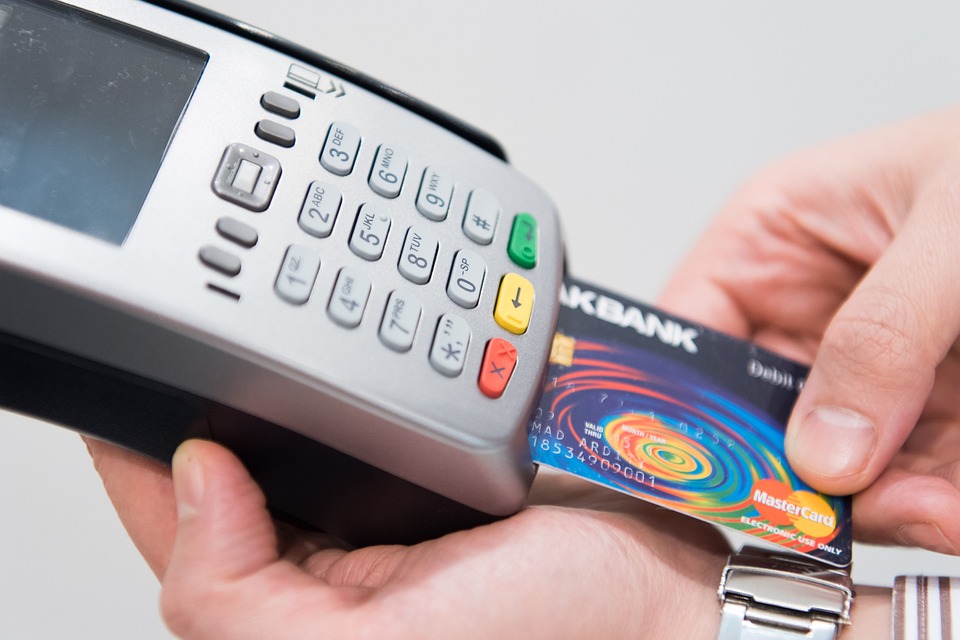Financial Empowerment: How Debit Cards can Teach Responsible Spending Habits
In today’s society, where consumerism is at an all-time high, it is crucial to instill responsible spending habits in individuals from a young age. Financial empowerment is the key to achieving a stable and secure future, and one effective tool in achieving this is through the use of debit cards.
Debit cards have become a ubiquitous part of our daily lives, offering convenience and accessibility in making purchases or withdrawing cash. Unlike credit cards, which allow users to spend money they don’t have, debit cards require users to spend only the money that is available in their bank account. This simple yet fundamental distinction is what makes debit cards an ideal tool for teaching responsible spending habits.
One of the most significant advantages of using a debit card is that it promotes financial accountability. When individuals can see the immediate impact of their spending by seeing their bank account balance decrease after each transaction, it creates a sense of real-time awareness of their financial situation. This awareness helps individuals make better decisions and think twice before making impulsive purchases.
Debit cards also provide a sense of financial independence. Unlike traditional cash transactions, where the physical exchange of money can make it difficult to track expenses, debit card transactions are recorded electronically and easily accessible through online banking platforms. This feature allows individuals to monitor their spending habits, categorize their expenses, and set budgets accordingly. By actively engaging with their financial transactions, individuals can identify areas where they may be overspending and make conscious adjustments to their behavior.
Furthermore, using a debit card encourages individuals to stay within their means, as they can only spend the funds available in their bank account. This limitation can foster a sense of responsibility and discourage individuals from accumulating debt, which is a pervasive issue in today’s society. By using a debit card, individuals are forced to think critically about their purchases and prioritize their needs over wants, ultimately cultivating good financial habits.
Debit cards also offer an added layer of security compared to cash transactions. If a debit card is lost or stolen, it can be easily deactivated or frozen by contacting the bank. This quick response time cuts off potential fraudulent activity and safeguards personal finances. In comparison, the loss of physical cash is irretrievable, making debit cards a safer alternative for both individuals and financial institutions.
To maximize the benefits of using a debit card as a tool for financial empowerment, it is important to educate individuals, particularly young adults, about responsible spending habits. Schools and financial institutions should offer educational programs that teach essential financial skills, such as budgeting, saving, and the importance of monitoring expenses and avoiding debt traps. By equipping individuals with the knowledge and skills needed to manage their finances effectively, we can empower them to make informed decisions and secure their financial future.
In conclusion, financial empowerment is crucial in today’s world, and debit cards can play a significant role in teaching responsible spending habits. Through financial accountability, independence, limitation, and security, using a debit card promotes mindful spending and discourages unnecessary debt accumulation. By incorporating financial literacy education alongside the use of debit cards, we can empower individuals to take control of their finances and build a stable and secure future.

